Like many of its peer institutions, Whitman doesn’t hesitate to emphasize its commitment to diversity. Diversity is currently the focus of Whitman’s application supplement writing prompt, and the word pervades much of the college’s advertising literature. According to the Whitman website, the Whitman experience “involves deep and lasting learning in an academic community comprised of people with varied experiences and global perspectives.”
Yet for many students, that ideal hasn’t yet been realized on campus.
“I would say that Whitman is not diverse ethnically or internationally, or even geographically . . . it doesn’t allow for interactions with people who have different life experiences, different backgrounds and different stories. I think that Whitman students would benefit from having more diversity,” said junior Marcial DÃaz Mejia, an international student from Guatemala and ASWC vice president-elect.

DÃaz Mejia and others expressed frustration that dialogues about diversity, such as last semester’s ASWC town hall meeting, have been derailed to emphasize Whitman’s diversity of interests rather than to address its lack of racial or cultural diversity.
“Any group of individuals is going to be diverse in that sense, but for me it was important to acknowledge that we don’t have a lot of diversity in terms of where families come from, their income, their race and ethnicity [and] the countries where they come from,” said DÃaz Mejia.
First-year Alisha Agard, president of Whitman’s Black Student Union, agreed.
“People take away from the fact that the campus isn’t racially diverse by talking about how diverse people’s opinions are. That’s important, but I feel like people don’t really understand the need for a more racially diverse campus and the benefits of that,” she said.
Senior Nan Mukungu observed that problems with racial discourse on campus are closely intertwined with unacknowledged racial and class privilege.
“It’s not that [students] don’t engage, it’s that when they do, it often reflects how unaware they are of their own privilege of being white [and] upper-middle-class,” she said. “Not everyone at Whitman, obviously, is white and upper-middle-class and capable of interacting that way, but . . . the majority of interactions I’ve had with white upper-middle-class kids have been with them not being aware of their own privilege.”
Mukungu, a politics major, cited multiple negative experiences of observing unacknowledged privilege in her classes.
“I was in a class where it was mostly white dudes, and a lot of times my perspective was not seen as valuable or pertinent or understandable,” she said.
Mukungu added that both unawareness of privilege and absence of diversity can create an intimidating environment for students of color within the classroom.
“I think [the lack of diversity] heavily affects academics and the perspectives in the classroom. A lot of times [students of color] aren’t comfortable bringing up their own perspectives, because they’re in a hostile environment, and often when they do bring up their perspective it can be tokenized . . . like that person is representative of a whole group of people, which is not helpful at all.”
Sophomore Cynthia Ramos, vice president of Club Latino, agreed that being asked to speak for a larger group is a common expectation placed on students of color.
“Sometimes being the only minority or non-white student, you feel pressure to speak up for minorities, but I don’t feel like we should have to do that. We [as students of color] don’t know everything that minorities or low-income people go through, and I feel like sometimes we’re expected to speak up on behalf of all first-generation students,” she said.
Mukungu noted that the cultural homogeneity at Whitman can have consequences outside of the classroom as well.
“I can only speak from my own perspective, so I can say that socially it has been very difficult, but I also come from a whole different background, being first-generation and from the South, so I had to assimilate to a degree and understand Northwest culture in order to be accepted,” she said.
She noted that Whitman’s social environment, with its emphasis on avoiding conflict, doesn’t encourage frank discussion about social inequity.
“I think generally the culture of Whitman and the culture of the Northwest leans toward colorblindness, which is not helpful and leads to not talking about race, which makes [privileged students] not aware of their own race and class,” she said.
Senior Mehera Nori, a student intern in the admissions office, observed that the prevalence of white privilege at Whitman is partially a result of the college’s target demographic.
“We are a private liberal arts college, and due to social privilege not a lot of minority groups have access to the same types of resources as majority groups do . . . I do understand that Whitman does have a commitment to creating a diverse atmosphere, it’s just hard when a lot of the applications come from students who have had access to SAT classes or enough money to go to college prep schools. Those students tend to be upper class and white,” she said.
At the same time, Nori urged open conversation to compensate for the relative absence of diversity in the student body.
“Even if we don’t have as much [racial] diversity as we’d like to have, we could still be having conversations about race and privilege. I think we should be having those conversations, and we’re not having them because it makes people uncomfortable to think about race,” she said.
First-year Mcebo Maziya, educational executive chair of BSU and an international student from South Africa, emphasized the need for a dialogue about race and privilege that actively invites the perspectives of students of color on campus.
Maziya cited the KONY 2012 movement as an example of a popular campaign that fails to take into account the opinions of people of color, comparing the relative popularity of international issues like KONY 2012 with domestic affairs like the Trayvon Martin shooting.
“That’s just one marker of the diversity that we need on campus to reflect different opinions about current issues, especially ones that have been politicized and racialized,” he said.
Maziya explained that white privilege can result in situations where privileged people try to intervene, despite lacking the information and experience to fully understand.
“[White privilege] is unearned privilege that come from being white in a racially stratified society. It’s expressed through institutional inequality . . . Privilege can really inhibit critical thinking, especially when it comes to race relations. A lot of people are unfamiliar with the ethnic divides that are present in Uganda. They don’t know about the colonial legacy of oppression in Uganda or the pre-colonial construct of Africa before this . . . [KONY 2012] is a very narrow-minded approach in that instance,” he said.
Mukungu agreed.
“The thing that bothers me [about KONY 2012] is that I feel my voice is being suppressed and not heard when I critique it . . . The whole thing with them going in and trying to save African babies is that they don’t think that voice exists in the first place,” she said.
In addition to taking into account perspectives from students of color, Maziya said discussions on race also need privileged students to participate in order to be effective.
Agard noted the student body’s general lack of involvement in discussions of issues related to race on campus, citing the fact that a meeting held by BSU on the Trayvon Martin case was largely attended by students of color.
“At that point you’re kind of preaching to the choir, when you’re talking about issues in the African-American community but you’re talking to African-American students who understand the problems that go on, as opposed to other students who might not be aware,” she said.
According to Maziya, recognizing privilege and engaging in discussion about current issues go hand in hand.
“Talking about it really makes a difference. As soon as privileged people realize they are privileged, that’s the first step toward recognizing inequality. If we don’t talk about race and we don’t talk about the things that affect us, [like] property and education, that means we’re negating the fact that it exists, and there’s no subsequent dialogue that will take place that can resolve such issues,” he said.
Both Maziya and DÃaz Mejia said they hope to positively impact discussion about diversity through their positions in student government.
“I’ve become involved in several clubs and ASWC because I feel it’s necessary to make those changes in an organized way, through clubs and the student government, to give a voice to the groups that are not as prevalent and share a perspective on what’s happening around the world,” said DÃaz Mejia.
Maziya agreed, describing a potential resolution to hold a forum for interested students to discuss issues surrounding social justice.
“Part of my role is just to find ways in which students can be more engaged and feel more enthusiastic in talking about issues like this,” he said.
Maziya, along with other concerned students, stressed the need for student engagement and for an ongoing dialogue about issues of race and diversity on campus.
“At Whitman College we’re educated people, I’d like to think, and we need to be more politically aware and have a dialogue. If we’re going to be silent, that means that the status quo is going to remain unchallenged.”
Editor’s note, 2 May 2012, 11:17: The graphic that accompanied this illustration in the print edition said that international students make up 10 percent of Whitman’s student body. The correct number is 2.4 percent.



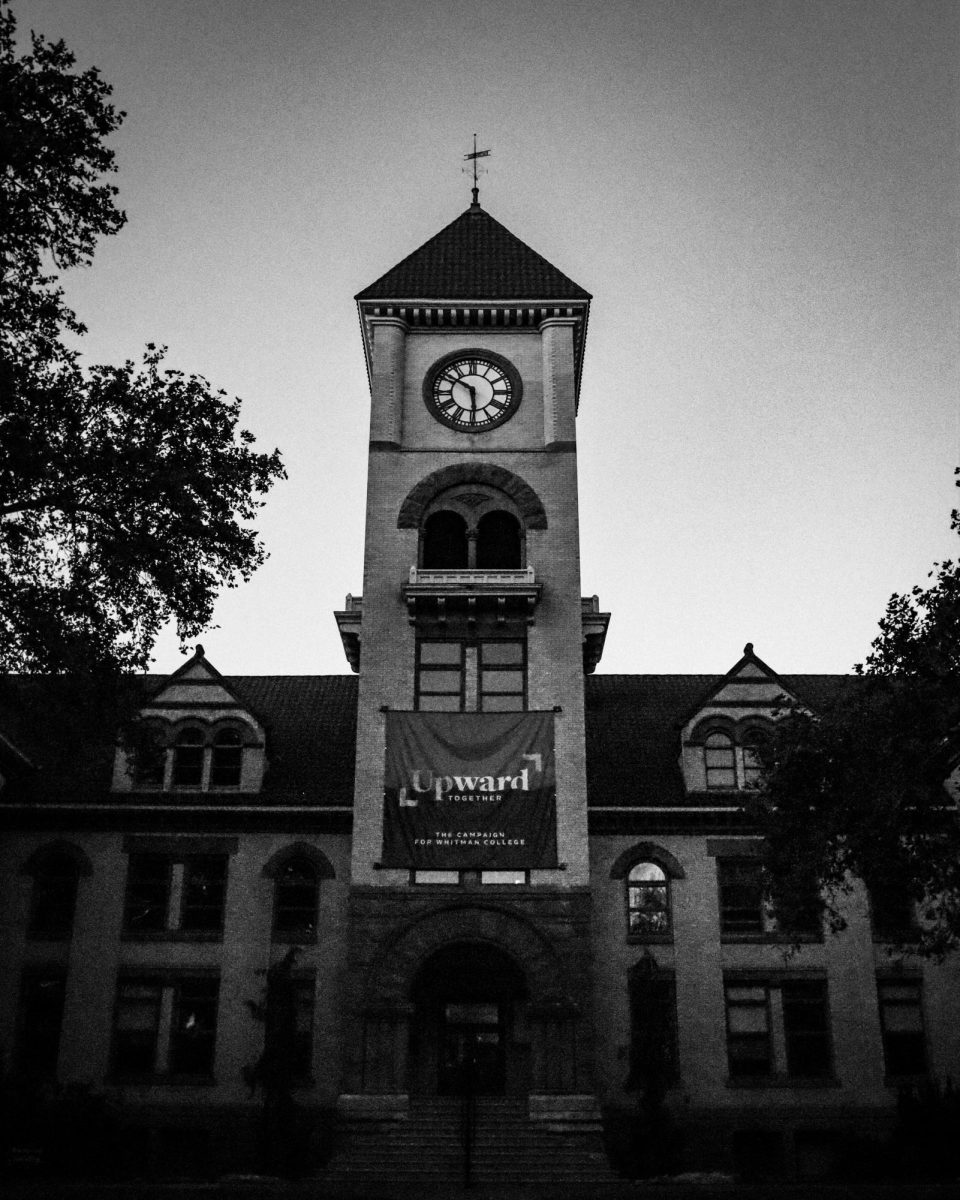

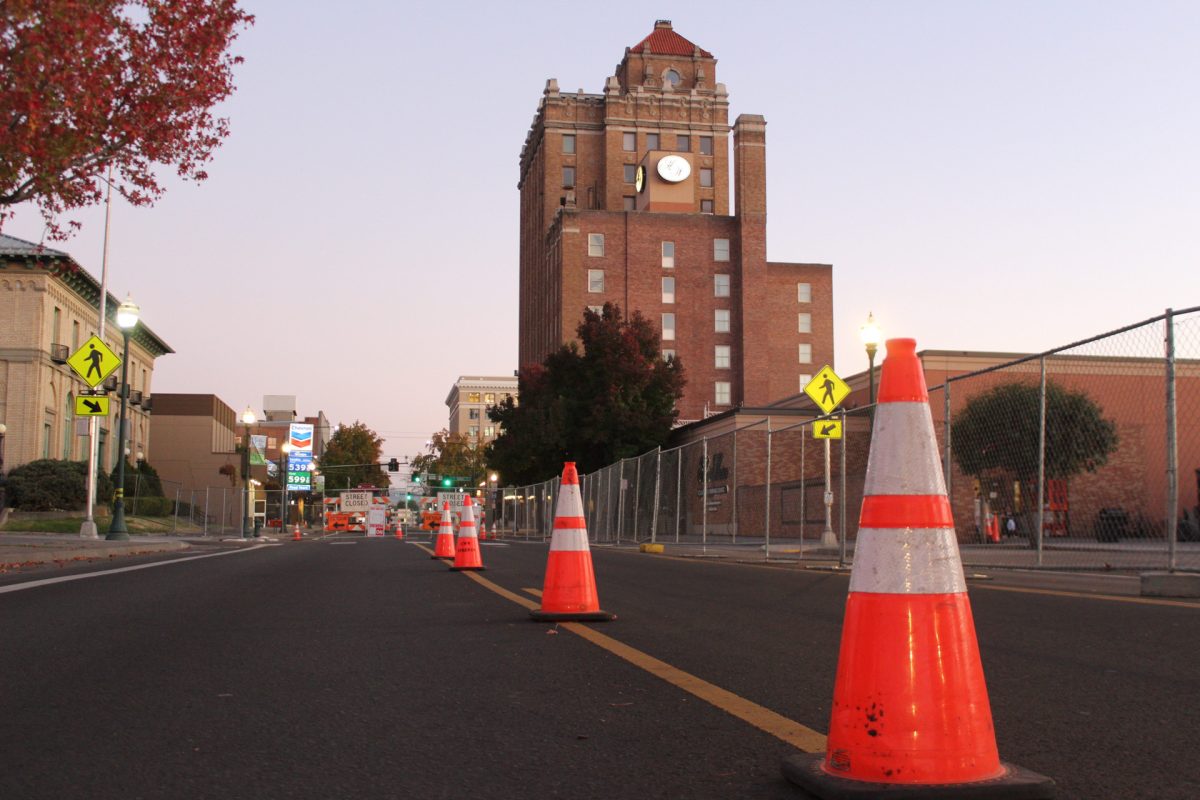

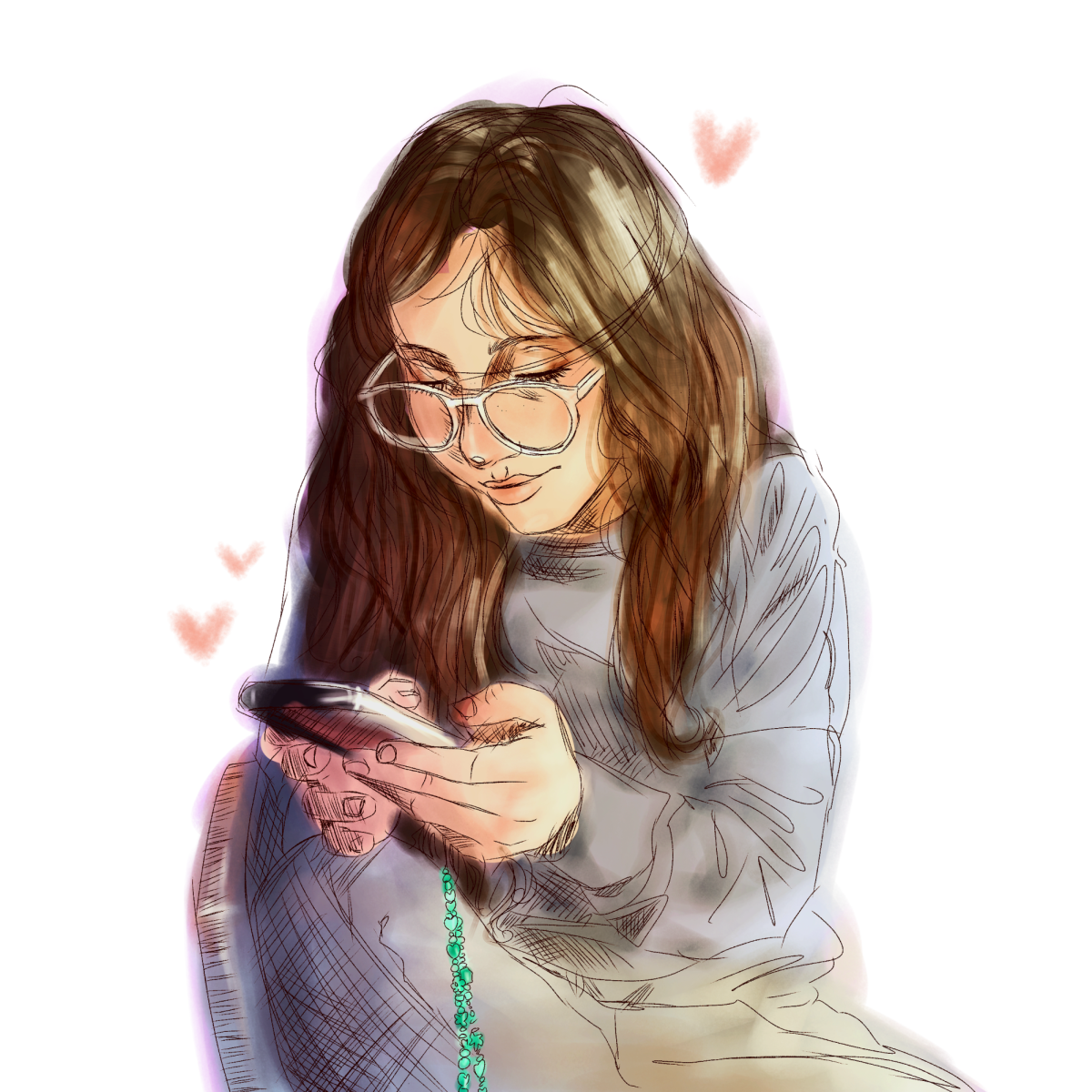

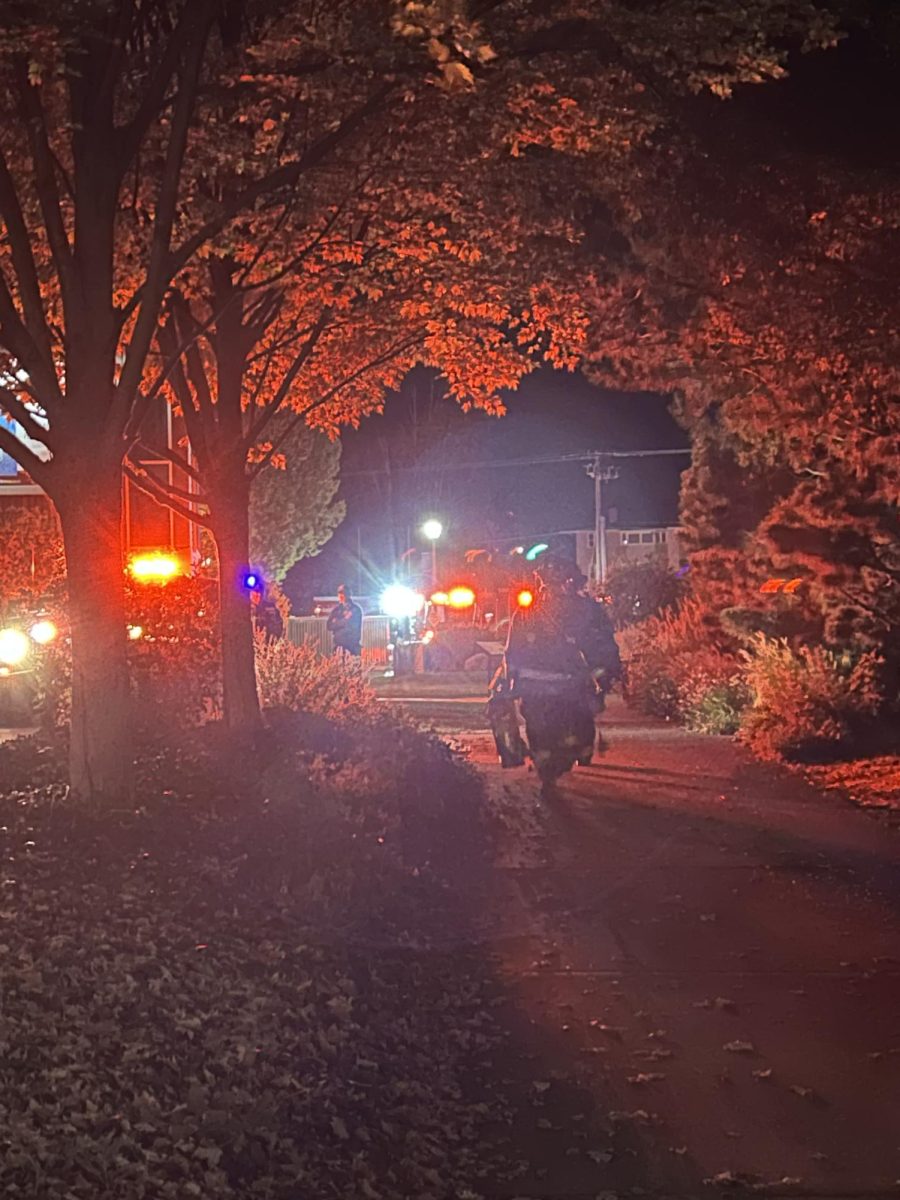
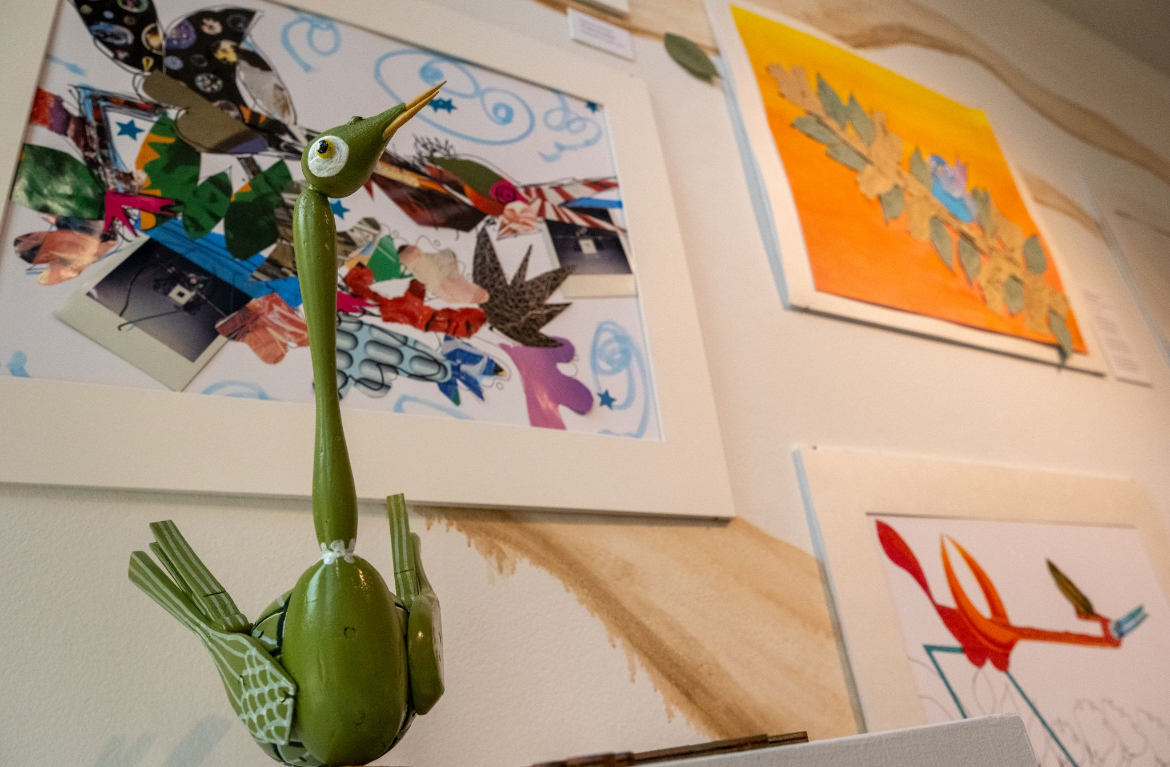








Duckhunt • Apr 30, 2012 at 12:47 pm
@ ironic, I completely agree with you.
@ pio, the illustration that accompanied this article in the print version of the pio said that international students made up 10% of Whitman population. I wish that were true. International students (including students with dual citizenships) make up maybe 5 (if not less) percent of Whitman.
Michael Putnam • Apr 29, 2012 at 8:51 pm
To “Ironic,”
Perhaps I’m making an unjustified assumption in supposing that you are white and have been called “the lucky beneficiary of ‘white privilege.'” But if you are white, well, now’s your chance. How does it feel to be called that?
ironic... • Apr 29, 2012 at 4:53 pm
1) this article quotes a number of student who lead efforts to increase diversity who themselves are considered by Whitman’s ethnic diversity standards “diverse”
2) these students discuss the lack of a dialogue on campus on institutional/unearned white privilege, esp when white privileged students don’t participate in said dialogues
3) then the article doesn’t quote a single person from this alleged “white privilege” background to comment on this “lack of dialogue” or what it feels like to be called the lucky beneficiary of “white privilege”.
What a well-intentioned and ultimately ironic piece. Doesn’t the aim of the article itself: to promote dialogue on race/diversity/privilege at Whtiman itself become undermined by an article that doesn’t interview/quote a single white person from this “unearned” lucky background??
Michael Putnam • Apr 28, 2012 at 3:54 pm
So there’s lots of different opinions expressed in the article, but the one consistent opinion is that we need better dialogue about diversity at Whitman and that this dialogue must include race. It also seems like the white privilege of most Whitman students has to be included in those discussions too. I’m really unclear, though, about what people think these discussions should look like.
So what do people have in mind?
Ashley Hansack • Apr 26, 2012 at 10:29 pm
Aaron, thank you for this insight. I agree with all of your points and struggle to define what diversity means to me and what it means at Whitman. Thank you for furthering this discussion. We need to encourage these types of discussions not only within social settings but also in academic classes.
Aaron • Apr 26, 2012 at 8:39 pm
The issue of diversity is, needless to say, very complicated and difficult to address, especially in a culture where speaking about race and ethnicity automatically raises red flags, and in a place where any language that points to these differences is seen as dangerous, provocative, politically incorrect.
The problem, in my opinion, is that race and ethnicity seem to be disappearing from the new discourse of diversity that conveniently seems to respond to the economic limitations of the need-blind system of admission. As we switch from need-blind to need-sensitive, it seems that we are also making a matching move toward a race- and ethnicity- blind policy.
Certainly, the root of the problem for me stems from the problematic language of “diversification†itself, which not only recognizes difference, but also celebrates it. The very language of diversification encourages heterogeneity and difference, but also promotes the exotification of the individuals who are “meant†to diversify. To talk about race and ethnicity as “diverse†qualities further charges these terms, exotifies them and, in turn, alienates those who are deemed “diverse.†As a person of color in this school, I have been dismissed—in my face, and more than once—for having earned a “diversity scholarship†(“oh, you got that diversity scholarship, that’s why you got inâ€).
But I would very much rather be at Whitman College exotified as “diverse†for the color of my skin, than be denied a place because my race and ethnicity can no longer account for a diversity of “thought†and “experience.†Because independently of the problems that race and ethnicity raise when talking “diversity,†it at least provides a space for it, and grants also the opportunity for non-white, middle/upper class students another realm of competition for admission. I consider it a great folly to think of “diversity†without placing race and ethnicity (as well as socioeconomic status) at the fore, because diversity of “thought†and “experience†is so heavily determined by race, ethnicity, and socioeconomic status in our country.
Diversity of “thought†and “experience†cannot (must not) translate solely to the level of privilege a student enjoyed growing up—the privilege of doing service trips abroad, of playing a varsity sport, of taking a leap year to travel the world, of winning national competitions—of doing, in short, projects that only students with a high level of privilege can reasonably do. A student who cannot travel outside of her own city, whose school lacks resources (both human and material) to have afterschool programming and even sports, whose family may be financially constrained and may require another source of income, cannot offer more diversity of “thought†and “experience†than the experience she lived within her own cultural, societal, racial, economic, and rich personal experiences. If you think that this exact same argument can be said of a white, middle-upper class student, I completely agree. This is precisely why I think that diversity cannot be thought about without addressing race and ethnicity.
The “diversity†(of socioeconomic status, availability of resources, etc.) in our country are unfortunately not blind to race and ethnicity. How, then, can we possibly think of “diversity†at Whitman without race and diversity?